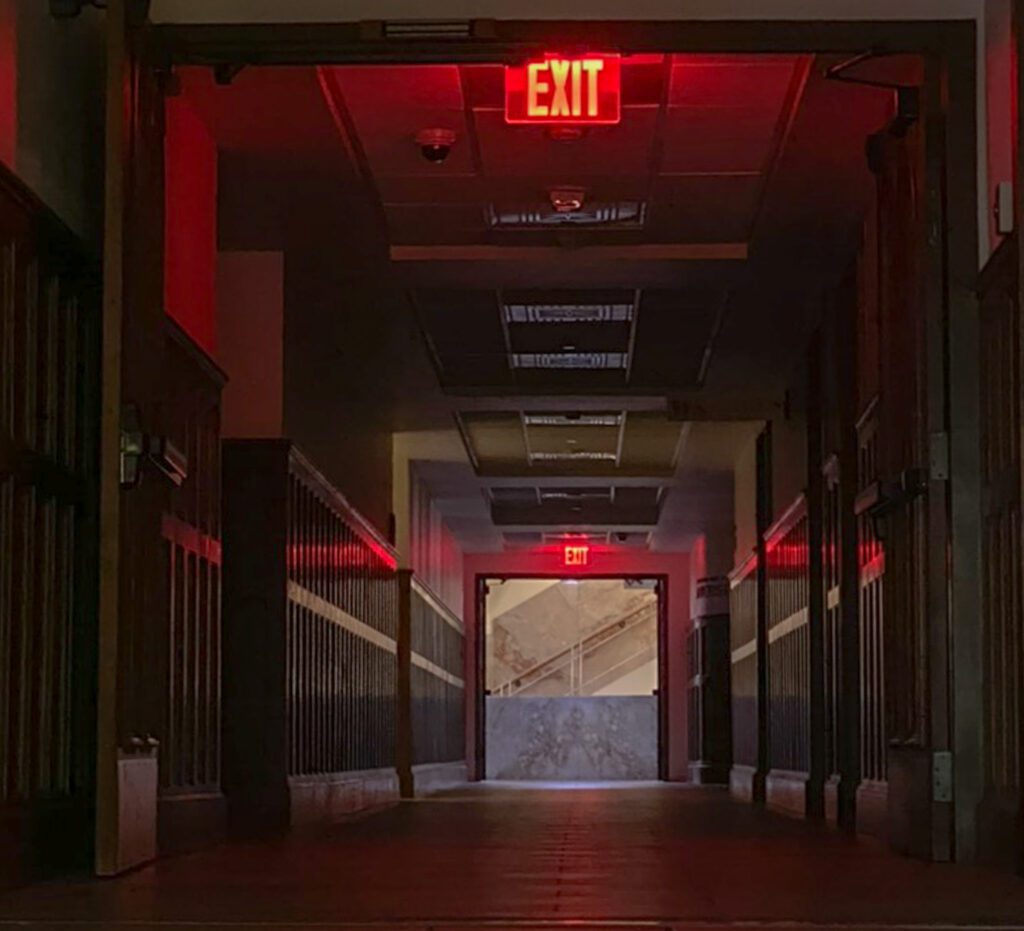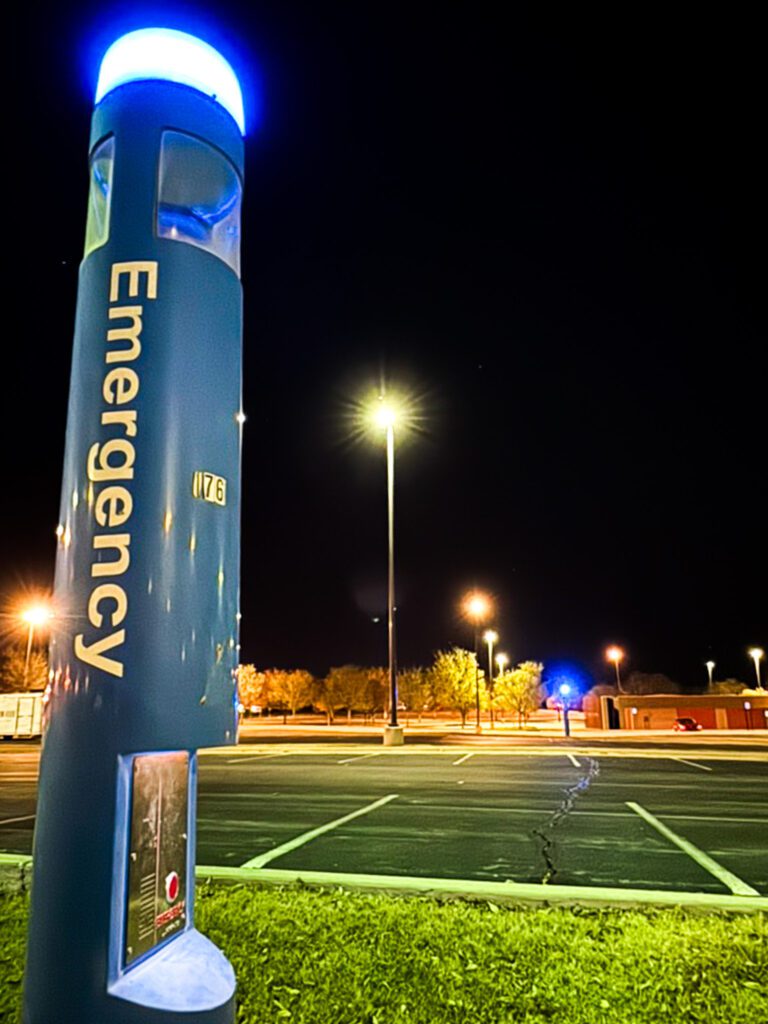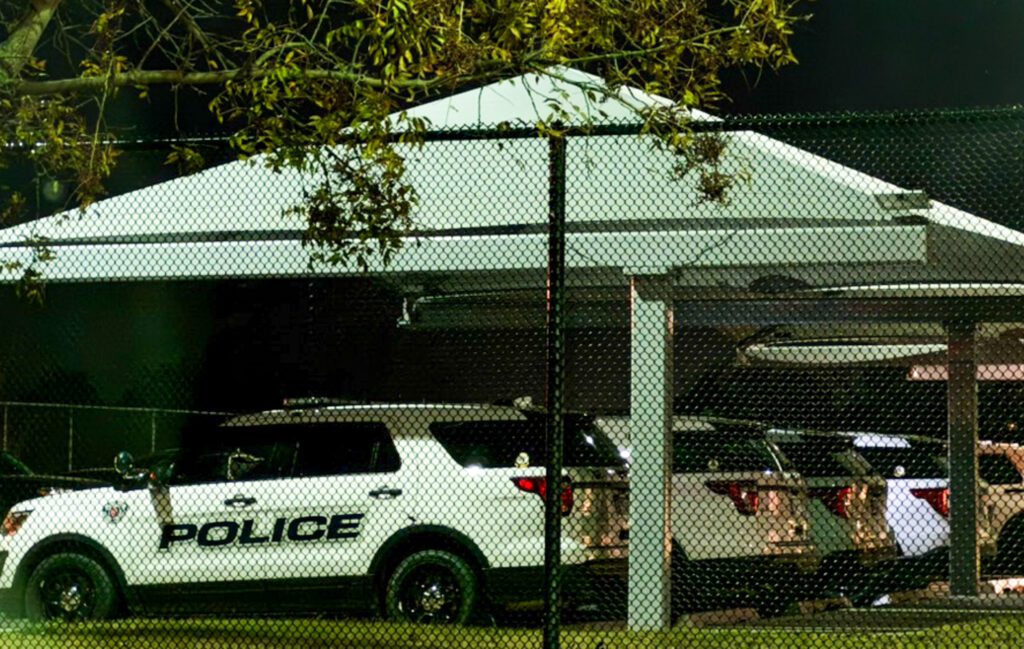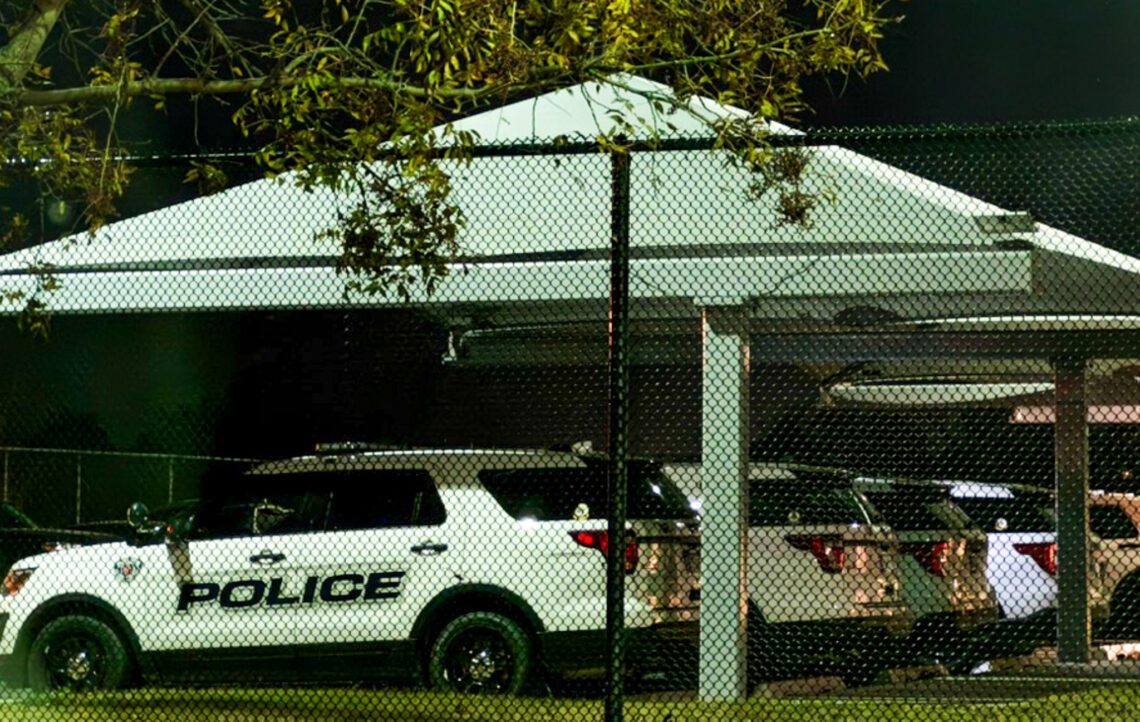
Trusting Instincts
“Intuition is always right in at least two important ways: It is always in response to something. It always has your best interest at heart,” said Gavin de Becker, American security specialist and author.
In the fast-paced and unpredictable environment of life, trusting one’s intuition can be a critical tool for personal safety. Whether walking home late at night, navigating social settings, or facing unexpected challenges, instincts might be one’s most reliable guide. As one juggles with pressure and independence, understanding and acting on intuitive signals can make all the difference in staying safe and making sound decisions.

Gavin de Becker, founder of “Gavin de Becker and Associates,” is widely regarded as the nation’s leading expert on protecting public figures. His best-selling book, “The Gift of Fear: Survival Signals That Protect Us From Violence,” explores the power of intuition in recognizing and responding to danger.
De Becker describes intuition as a “subconscious recognition of danger signals,” a survival tool rooted in biology and psychology. Research backs De Becker’s claims, such as a study by PubMed Central, highlighting that fear and anxiety are rooted in the brain’s biology, with genetic and environmental factors influencing how the brain’s networks process emotions and handle stress. These instinctual processes have evolved to helps one respond to threats effectively.
Intuition differs from worry. While worry is rooted in speculation and overanalyzing, intuition is an immediate response to danger.
Military personnel often reported having a “sixth sense” that warned them of dangers and guided their quick decisions, said Cmdr. Joseph Cohn, a psychologist at the Office of Naval Research, in an article by “The New York Times.”
While not everyone can relate to intuition in the field, attacks that threaten people’s lives are possible anywhere. Julie Simeroth, manager of financial services at the OU Chamber of Commerce, trusted her fear as a guide during a personal assault close to home. In a grocery store’s parking lot on April 1, 2011, Simeroth stood her ground during a high-stakes moment.
“Finally listening to my intuition during an attack helped me survive it. It’s absolutely crucial to listen and not deny legitimate fear signals. It could save your life!” Simeroth said.

Social norms often discourage people from acting on intuition out of fear of being rude or overreacting. But ignoring these instincts can have serious consequences.
“Don’t feel embarrassed. This is why we’re [the police] here… You never know when you’re going to uncover something that could be a lot bigger than you think,” said LT Chase Brooks, criminal investigations division supervisor at OUPD.
While intuition is not flawless and can occasionally misfire, its benefits outweigh the potential embarrassment of being wrong. Trusting instincts empowers individuals ability to act decisively when it matters most.
Intuition extends beyond life-threatening situations by playing a role in personal and professional decision-making. Certified Professional Coach Nancy Dewar emphasizes in her TED Talk that intuition improves with practice, similar to a muscle. Recognizing and processing intuitive thoughts can guide decisions.
For example, Jourden Unsell, president of OU Women’s Health Advocates, trusted her intuition while applying to law school. Despite doubts about her LSAT score, she chose not to retake the test and applied to OU Law, where she was accepted. Unsell credits her intuition as a factor in her success.
While healthy fear is a natural and valuable signal in decision-making, irrational anxiety can cloud judgment. According to Better Health, fear becomes unhealthy when it prevents one from enjoying life or being overly cautious without reason. Balancing intuition with logical reasoning is crucial.
“I think, more likely than not, you’re realizing that your real-time data conflicts with what you’ve collected in the past. So that’s why you should trust it,” Brooks said.

It’s not about living in fear but embracing instincts as allies. By honing this ability, individuals can make confident decisions, protect oneself, and navigate life with greater assurance.
Intuition is a safety compass, serving as a guide through life’s uncertainties. One may harness natural skills to stay safe and thrive by trusting instincts. As De Becker’s work illustrates, intuition is not just a gift; it’s a survival skill.
Author: Savannah Schultz
For more information contact at:
Email: lookaliveblog@gmail.com
Insta: Look Alive Blog
Facebook: Look Alive Blog







Comments by Savannah Schultz